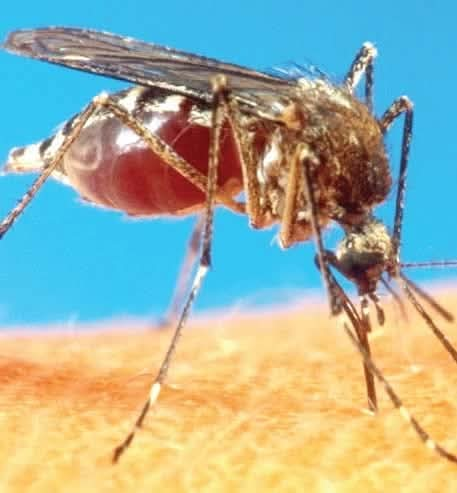The Last Mosquito-Free Land Has Fallen — Iceland Records Its First-Ever Discovery
For centuries, Iceland stood proudly as one of the world’s few sanctuaries untouched by mosquitoes, a land of glaciers, lava fields, and pristine air where the biting hum of the bloodsucker was unknown, that ancient record has now been broken.
In a startling development that has sent ripples through the scientific community, mosquitoes have been discovered in Iceland for the first time in recorded history, a researcher confirmed to Agence France-Presse (AFP) on Monday.
“This is the first time mosquitoes have ever been discovered in Iceland,” the researcher told AFP, calling the finding “a remarkable and troubling milestone in our environmental history.”
For generations, Icelanders took quiet pride in their natural immunity from the world’s most pervasive insect. Its subarctic climate change which is marked by sudden freezes, volcanic winds, and unpredictable thaws that created conditions that made mosquito life impossible. Eggs could never hatch; larvae could never mature. The cold was nature’s defense.
Experts now warn that climate change may have breached one of nature’s oldest fortresses. Rising temperatures, milder winters, and altered seasonal cycles are believed to have created a window for the insects to survive — and potentially thrive — in a country once deemed inhospitable to them.
Environmental observers say the arrival of mosquitoes in Iceland is not just a biological anomaly but a historical marker — a living symbol of how rapidly the Earth’s climate is transforming.
“If mosquitoes can now survive in Iceland,” one environmental scientist told AFP, “it means we are witnessing ecological shifts on a scale once thought impossible. It’s not just about insects — it’s about what this means for every species adapted to the cold.”
The discovery has left many Icelanders both astonished and uneasy. For a nation that has long defined itself by its raw purity and resistance to time’s decay, the invasion of mosquitoes feels almost like a loss of innocence — a quiet warning written in nature’s smallest handwriting.
As scientists begin urgent studies to determine whether the insects can establish a stable population, the world watches with fascination and concern. The once mosquito-free island — a timeless refuge between fire and ice — now finds itself on the front line of an unfolding climatic story.
What was once unimaginable has become real. Iceland, the last frontier against the mosquito, has fallen.

